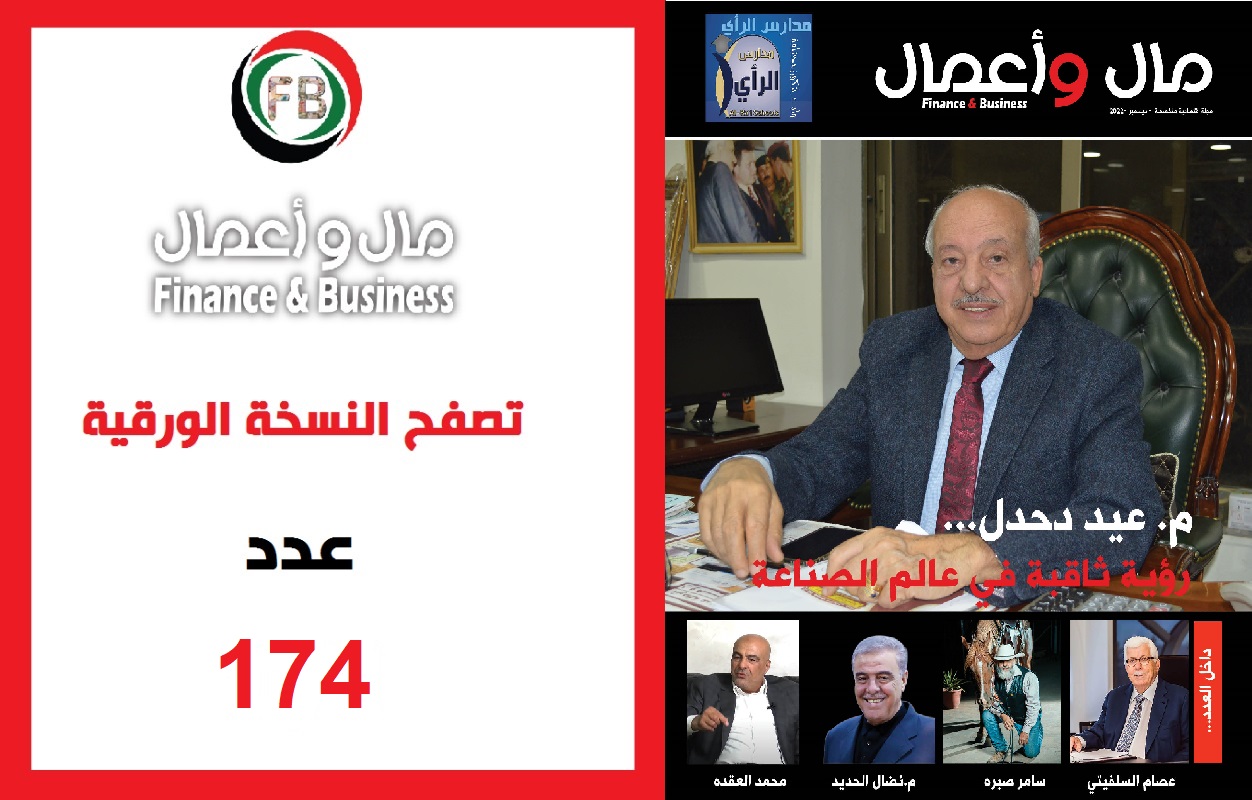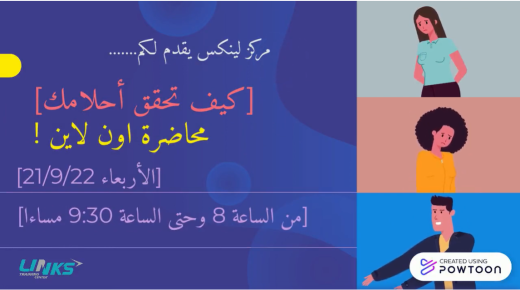
HE Saeed Mohammed Al Tayer, MD & CEO of Dubai Electricity and Water Authority (DEWA), has welcomed a high-level delegation from Saudi Aramco. The delegation included Khalid Al Salouli, Aramco Director and Head of the Energy Industrial City; Nabil Chaachou, Aramco Energy Industrial City project manager; Jaap Kalkman, Partner at Arthur D. Little and Global Head of its Energy & Utilities Practice, and Lukas Vylupek, Principal at Arthur D. Little responsible for the Energy Industrial City project.
The meeting was attended by Waleed Salman, Executive Vice President of Business Development & Excellence; Rashid Bin Humaidan, Executive Vice President of Distribution Power; Khawla Al Mehairi, Executive Vice President of Strategy & Government Communications, and Marwan Al Sabbagh, Vice President of Projects & Connection Services. The meeting heightened cooperation between the two organisations, with Saudi Aramco able to review world-class practices and expertise at DEWA, including benchmarking and key performance indicators. DEWA is working to deliver the best possible services in electricity and water that are reliable, efficient, and always available, to achieve the happiness of its customers and stakeholders.
Al Tayer welcomed the visiting delegation, explaining the importance of continued cooperation between the two organisations in electricity and water. He reviewed DEWA’s programmes, plans, and projects to achieve the directives of HH Sheikh Khalifa bin Zayed Al Nahyan, President of the UAE, and HH Sheikh Mohammed bin Rashid Al Maktoum, Vice President and Prime Minister of the UAE and Ruler of Dubai, to strengthen the leadership of the UAE globally and improve performance, productivity, and quality of service to customers. DEWA’s strategy is in line with the UAE Centennial 2071, the UAE Vision 2021, and the Dubai Plan 2021, to secure a happy and sustainable life for future generations, and always rank first in all areas.
“Dubai has a holistic view of the energy sector and is managing energy security, sustainability, efficiency and the conservation of energy resources. DEWA is the first government organisation to adopt sustainability as a part of its vision. DEWA’s strategy has evolved to embed the three dimensions of sustainability: economy, society and the environment. These goals give us a fully integrated sustainable business strategy clearly outlined in the Dubai Clean Energy Strategy 2050. We are securing our supply by diversifying the energy mix, to include clean energy to provide 7% of Dubai’s total power output from clean energy by 2020, 25% by 2030 and 75% by 2050. DEWA has launched several projects and initiatives to achieve this objective, such as the Mohammed bin Rashid Al Maktoum Solar Park, the largest single-site solar park in the world based on the IPP model. It will generate 5,000 MW by 2030,” said Al Tayer.
“DEWA has pioneered the IPP (Independent Power Producer) project management and implementation model. There are a number of socio-economic advantages to the IPP model. DEWA has achieved world class results and set a new global standard by achieving world records in energy prices: USD 5.6 cents per kW/h for the second phase project to generate 200MW in 2015, USD 2.99 cents per kWh for the third phase to generate 800MW in 2016, and USD 7.3 cents per kW/h for the fourth phase to generate 700MW using Concentrated Solar Power, which is the lowest of its kind in the world based on the IPP model. DEWA also launched the R&D Centre in the solar park to focus on four key operations. These include producing electricity using solar power, the integration of smart grids, energy efficiency, and water. AED 500 million will be invested in R&D up until 2020. DEWA is also building the Innovation Centre, which will develop renewable energy technologies, and spread awareness about climate change and sustainable development. It will act as a museum and exhibition for solar and renewable energy. It will attract tourists, universities, schools, companies, and partners. DEWA strives to achieve the Demand Side Management Strategy to reduce energy and water use by 30% by 2030, and works tirelessly to build a robust infrastructure to enhance its total production capacity, which is currently 10,200MW of electricity and 470 million imperial gallons of desalinated water per day (MIGD),” added Al Tayer.
“The UAE, represented by DEWA, has achieved first place globally for getting electricity, according to the World Bank’s Doing Business Report 2018. DEWA also won the highest award in the European Foundation for Quality Management (EFQM) Excellence Model. DEWA is the first organisation outside of Europe to receive this international award as a first applicant, and now ranks in the Platinum category. This is the highest category of excellence, and DEWA is the first and only organisation in this category in the energy sector.
“In terms of performance indicators, we have achieved various global achievements. For customer minutes lost, DEWA recorded 3.28 minutes, compared to 15 minutes recorded by leading utilities in the European Union. DEWA has reduced losses in power transmission and distribution networks to 3.3%, compared to 6-7% in Europe and the USA. Water network losses decreased to 8%, compared to 15% in North America,” said Al Tayer.
“DEWA’s sustainable building is a model for green buildings, and promoting the reliance on clean and renewable energy. It is the first sustainable government building in the UAE and the largest government building in the world to receive a Platinum Rating for green buildings from Leadership in Energy and Environmental Design (LEED). The building management system operates low-powered LED lights and automatic lighting control systems with occupancy sensors. DEWA is also working on its new building, named Al-Shera’a (Arabic for sail), which will be the tallest, largest, and smartest net Zero Energy Building (ZEB) in the world. It is also working on building a hydroelectric power station that will make use of the water stored in the mountains next to Hatta dam. This project is the first of its kind in the GCC, and will produce 250MW. DEWA is also currently working on the 2,400MW Hassyan clean coal power project. It will be operational in phases in 2020, 2021, 2022, and 2023 respectively. DEWA has completed M-station, which is the largest power production and desalination plant in the UAE, with a current total capacity of 2,185MW of electricity and 140 MIGD. DEWA aims to add a further 700MW to the installed generating capacity of M-Station. The substation’s total capacity will reach 2,885MW when the project is completed in 2018,” continued Al Tayer.
“DEWA works to establish a smart network that is a key component of its strategy to develop an advanced infrastructure to support Dubai’s efforts to become a smart and happy city. DEWA launched three smart initiatives to support Smart Dubai, to make Dubai the happiest and smartest city in the world. These are Shams Dubai, to encourage home and building owners to install photovoltaic solar panels on rooftops to produce energy and connect it to DEWA’s grid; Smart Applications through Smart Meters and Grids, and Green Charger to establish the infrastructure for electric vehicle charging stations. DEWA also announced the Free Electron programme: the biggest global accelerator programme that connects the world’s most promising start-up with leading utilities from many countries around the world. These start-ups will create new innovative techniques and technology solutions for the energy sector. Dubai will host the first two rounds of the Solar Decathlon Middle East (SDME). Dubai will host the first decathlon in 2018 and again in 2020, to coincide with World Expo in Dubai. DEWA has pioneered its business by diversifying its portfolio and sources of income to ensure financial sustainability. It has shares in institutions and companies that it has established,” noted Al Tayer.
Al Tayer was briefed on Aramco’s Energy Industrial City project, which will be developed over 50 square kilometres. The delegation expressed its desire to cooperate with DEWA, and benefit from its expertise in the fields of generation, transmission, and distribution. The Energy Industrial City will localise industries such as refineries, petrochemicals, traditional electric power, and water production and treatment. The city is also working to improve the security of its energy supply, reduce the costs of products and services, and improve the rapid response of local industries and support services that manage Saudi Aramco’s operational and development needs.
المصدر : https://wp.me/p70vFa-noe






















